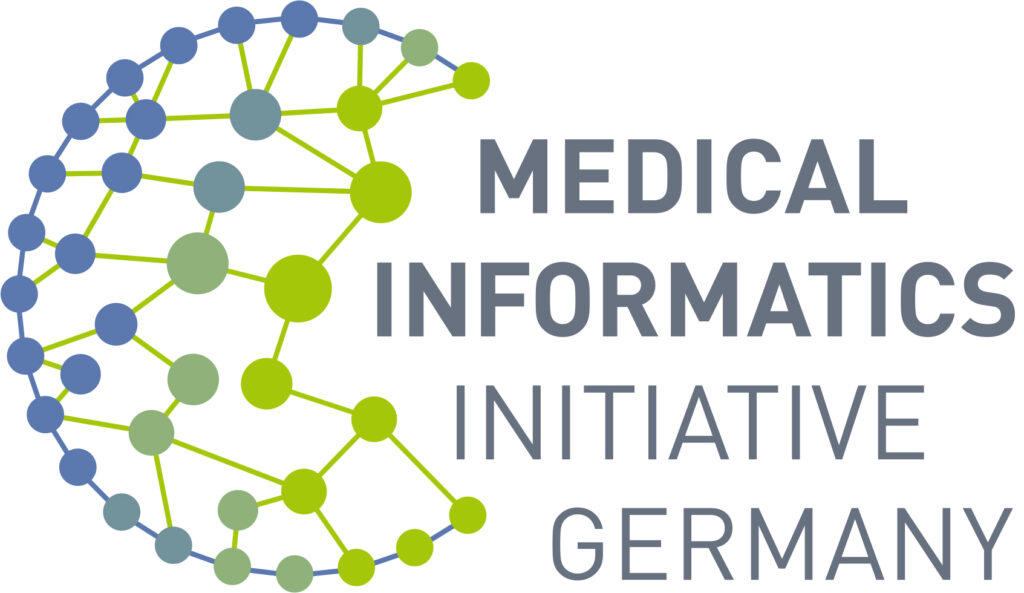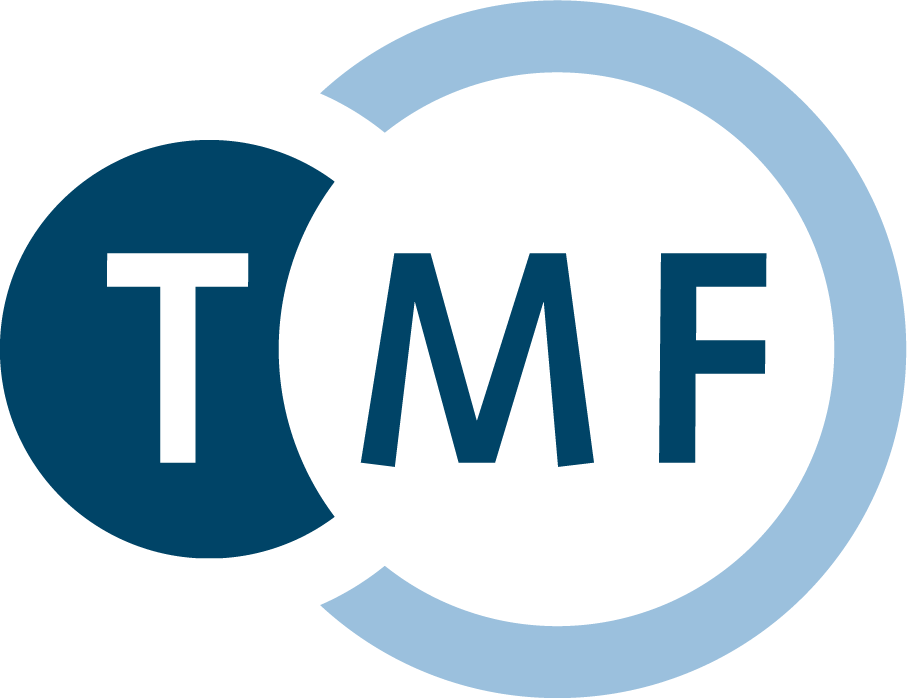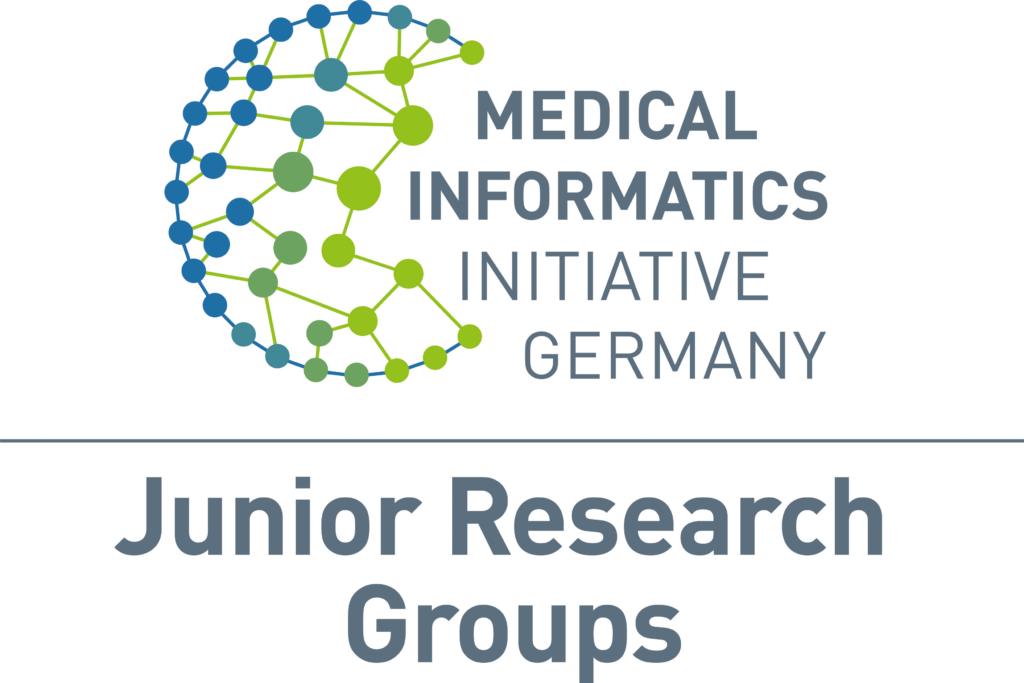
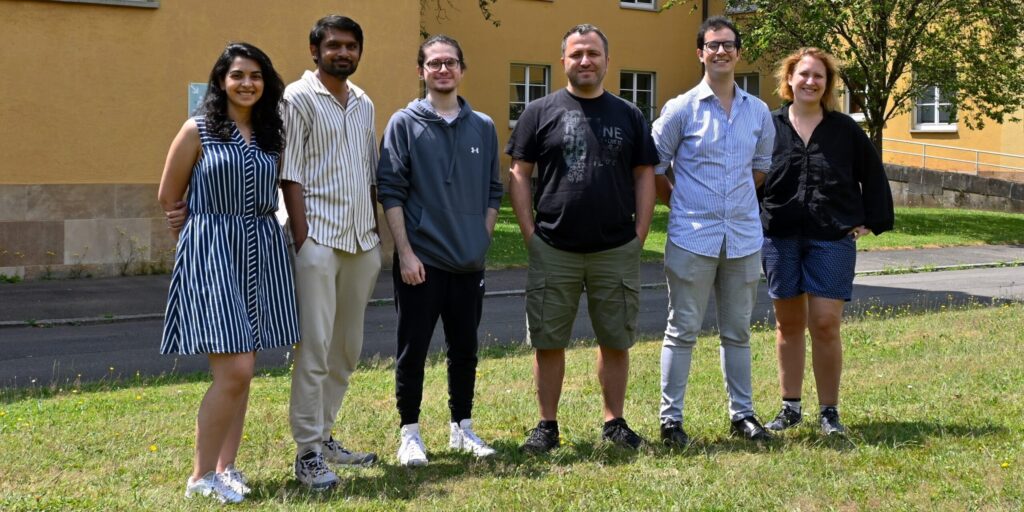
Junior research group MDPPML
Data protection of medically relevant data and privacy-conscious training of machine learning models on medical data
Funding period: 2021 until September 2026
Project management: Prof Dr Nico Pfeifer
Eberhard Karls University of Tübingen, Faculty of Mathematics and Natural Sciences, Department IV Computer Science
The project focuses on innovations in security, privacy and AI in the medical context to enable the sharing and utilisation of clinical and omics data across a federation of medical institutions, hospitals and research laboratories in a scalable, secure, responsible and privacy-aware manner. It seeks to address the key challenges of scalability, privacy, security and ethics in data sharing to enable effective P4 medicine by defining an optimal balance between ease of use, scalability and privacy and developing and deploying appropriate methods to achieve this. To realise the full potential of all measurement data, it must be linked to clinical data. The data integration centres of the Medical Informatics Initiative provide a very good basis for simple analyses, e.g. with the help of Data Shield. However, many complex AI methods of machine learning can either not be used at all or only with approximations. The research of the junior research group will therefore deal with the development of methods that enable these more complex analyses while maintaining data security and then make them available for the Personal Health Train, which is being developed as part of DIFUTURE, which will also benefit the inter-consortium use cases such as CORD and POLAR.
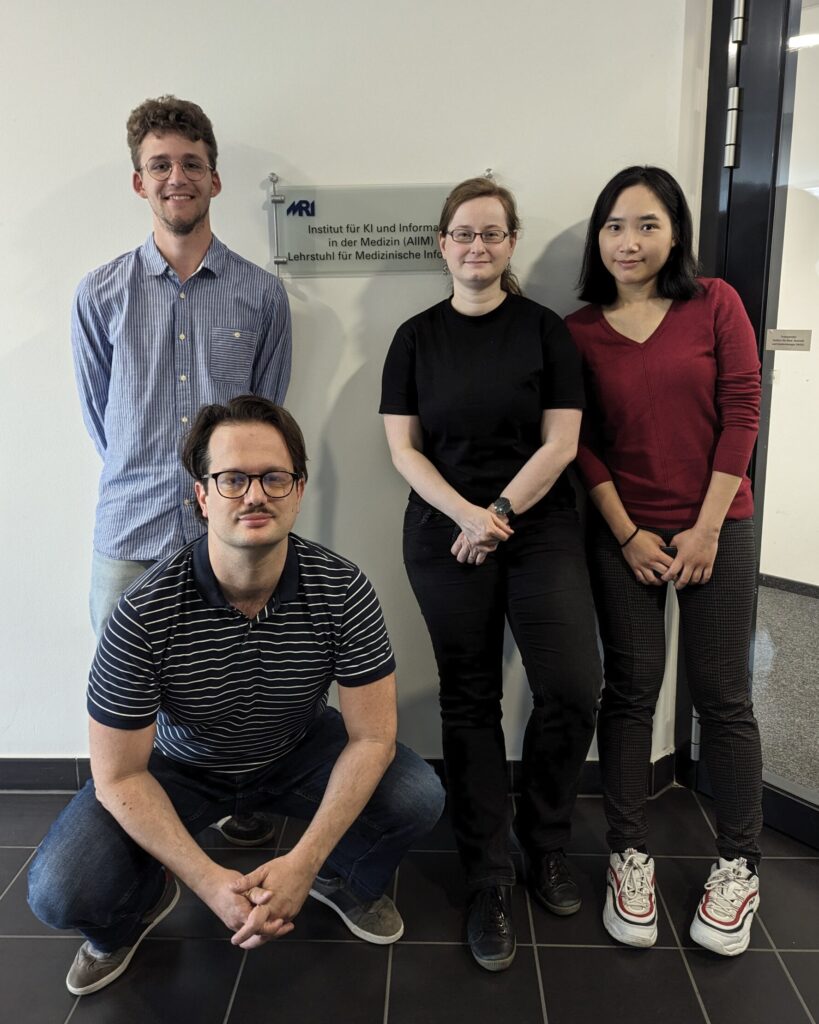
Junior research group DE.xt
Clinical text analytics: Methods for NLP on German texts
Funding period: 2021 until September 2026
Project management: Luise Modersohn
Klinikum rechts der Isar of the Technical University of Munich, Institute for Medical Informatics, Statistics and Epidemiology
The importance of NLP for processing information from clinical systems and about the health status of patients is high. With the approach presented here, the DE.xt junior research group is responding in the short term in particular to the very great need in Germany for methods and resources for NLP in non-English languages. The junior research group can build on a range of successful preliminary work in the national and international environment to work on the scientific questions and their technical implementation and will be able to refer to internationally recognised standards and metrics when evaluating results. By being embedded in the framework of the Medical Informatics Initiative and the DIFUTURE consortium, technologies and results can be quickly transferred to other locations and utilised there as well. NLP is a building block of clinical information systems of the future, on the basis of which it will be possible to extract information from clinical texts, which can then be used in the medium term for further applications such as in-depth analyses using artificial intelligence methods, e.g. for decision support systems. Averbis GmbH with its Health Discovery Platform, which is already being used in most consortia of the Medical Informatics Initiative, is a suitable partner for solving specific requirements. With the Averbis Marketplace, a distribution platform is available at short notice.
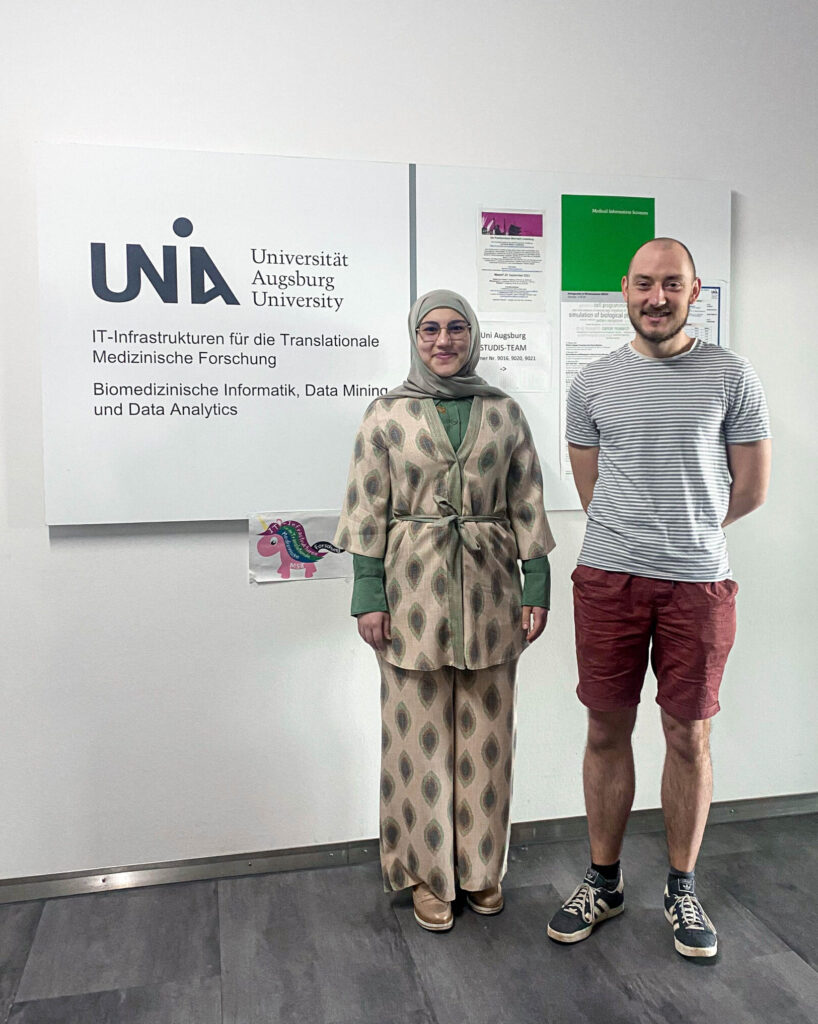

Junior research group MoMoTuBo
Modular knowledge and data-driven molecular tumour conference
Funding period: 2021 until April 2026
Project management: Dr Zaynab Hammoud
University of Augsburg, Faculty of Applied Computer Science, IT infrastructures for translational medical research
In the Molecular Tumour Board, treatment decisions for cancer patients are made based on a range of different data types (clinical data, radiological data, histopathological data, genomic data, gene expression data, possibly other high-throughput data). For this purpose, certain features (e.g. certain mutations or gene expression patterns) are prioritised using bioinformatic methods. Based on this, therapy proposals are then developed through (often manual) database searches and discussed on an interdisciplinary basis. However, it is unclear how progressive knowledge and data from external sources can be integrated into the work of the molecular tumour conference in a standards-driven process. There is also no systematic recording of previous patients and recommendations that would make it possible to compare current patients with similar previous patients. In order to be able to draw on large numbers of cases, networking with the molecular tumour boards at other sites should be achieved. Objectives: Firstly, to design a modular platform for the MTB in which reproducibility, documentation and update mechanisms are realised along the process. Secondly, the creation of a concept for linking clinical routine and research data. The third goal is to increase the automation of data integration and processing with the inclusion of external knowledge. The fourth major goal is the development of machine learning procedures for analyses within the framework of the MTB. This includes, for example, the use of unstructured knowledge (e.g. doctor’s letters), the generation of complex signatures for modelling treatment response and the identification of similar patients. Finally, the fifth objective is the implementation of a prototype and open source software for a modular, reproducible software platform for the MTB.
Junior Research Group SAFICU
Implementation of smart contract technologies for analysis federation in intensive care medicine
Funding period: 2021 to January 2026
Project management: Dr Mathias Kaspar
Ludwig-Maximilians-University Munich, Faculty of Medicine, Institute for Medical Information Processing, Biometry and Epidemiology
The SAFICU junior research group is working on developing decentralised and secure algorithms for clinical decision support. Once the development process is complete, the algorithms will be validated using two intensive care use cases (blood transfusion management for intensive care patients and optimisation of ventilation strategies for Covid-19 patients). This will be based on an internationally recognised data format (OMOP CDM) already used in DIFUTURE and the infrastructures already created in DIFUTURE will be expanded.

© 2024 DIFUTURE


